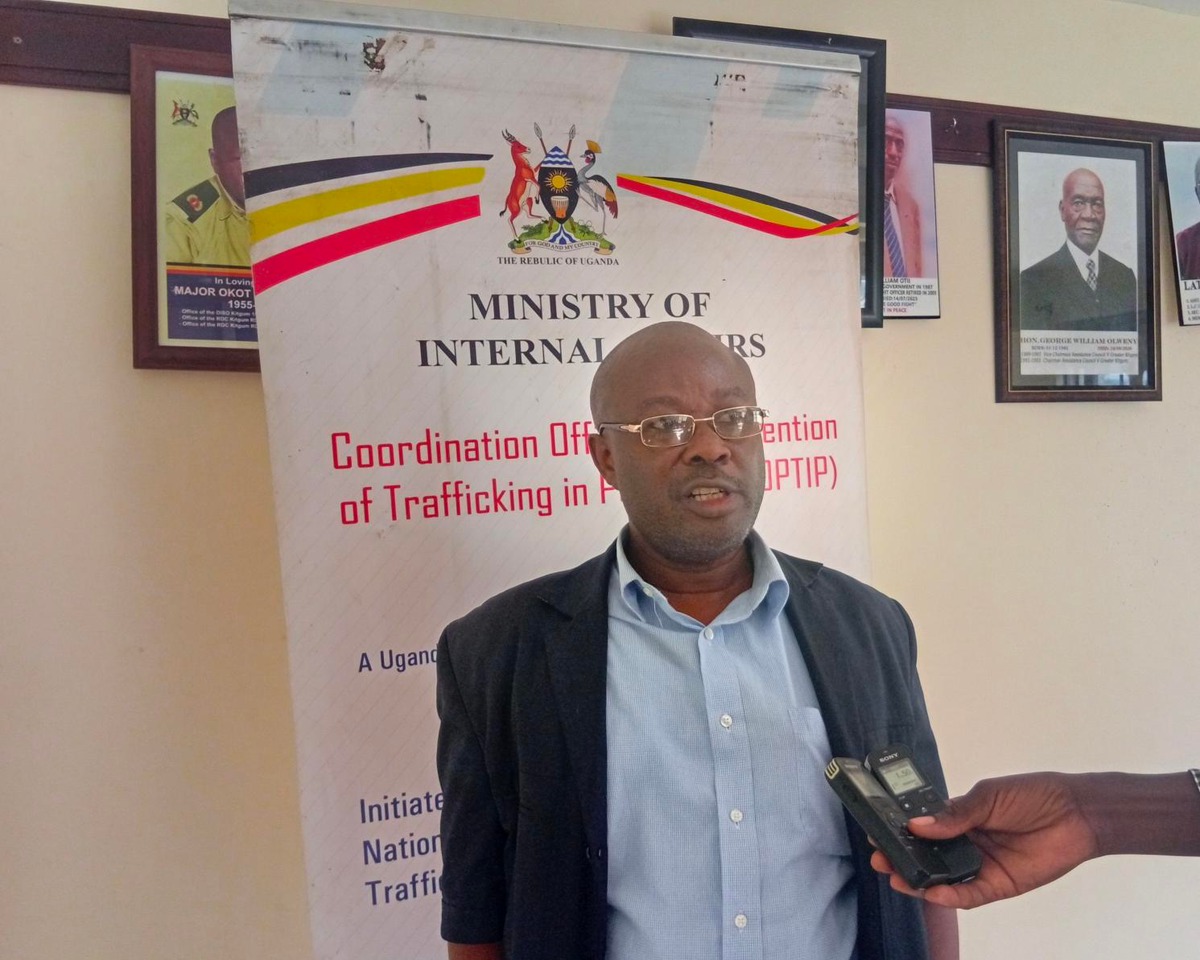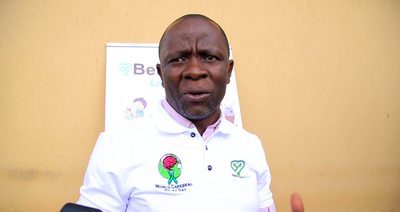
Crime and Security
Beware of Fake Job Offers: Authorities Warn Kitgum Residents of Human Trafficking Surge During Elections
Residents of Kitgum have been urged to remain vigilant about job and scholarship offers during general election campaigns, as these periods often see an increase in human trafficking activities.
Julius Twinomujuni, the Commissioner of Police and National Coordinator for the Prevention of Trafficking in Persons under the Ministry of Internal Affairs, explained that traffickers frequently exploit election campaigns to lure Ugandans with promises of jobs and scholarships. He noted that Members of Parliament (MPs) are often unknowingly used in these schemes.
During a two day training session for law enforcement and other stakeholders on identifying and responding to human trafficking, Twinomujuni remarked that MPs often lack awareness about the issue. Efforts to educate them have been unsuccessful, he claimed, due to their insistence on higher allowances.
Without disclosing specific figures, he stated that the anti-trafficking team has arrested several MPs accused of recruiting constituents for opportunities they cannot verify.
“For us, when we are looking for the suspects, we come from the MPs….So, if you are not the one giving up jobs, leave alone this advertisement,” Twinomujuni said.
“If you know personally, you are not the person giving out the job. And you are not sure whether the job is there or not. Let the person responsible come and announce it to you,” he added.
Twinomujuni also cautioned residents against being used to promote fake job offers, noting that some individuals have ended up reimbursing funds collected by fraudsters.
He advised the public to verify the authenticity of any job or scholarship offers they receive, especially from unfamiliar sources, to avoid becoming victims of trafficking or fraud.
“Normally, people who receive such messages don’t tell others for fear of inflating their numbers and reducing their chances.”
He highlighted a common indicator of trafficking being sent abroad on a visitor or tourist visa with the promise of a long-term opportunity.
“How do you accept being taken to a foreign country for a two-year scholarship on a visitor’s visa which expires in three months? What other supportive documents will you be using when the visa expires?” he asked.
Twinomujuni encouraged those pursuing opportunities overseas to research the host country’s labor laws, human rights record, bilateral relations with Uganda, and their legal work status.
“Like currently, Uganda has no bilateral agreement with Kuwait. So, if you’re going there and something bad happens to you, you are on your own,” he said.
He also cautioned medical professionals considering jobs in countries like India. “And for medical personnel who look for job opportunities in India, India has the best scientists in the world. That is why it is famed for the management of chronic medical conditions and operations. So, do you think they would want to employ a doctor from Uganda?”
Joe Oloya, the regional police spokesperson for Aswa East, said the training had given them a deeper understanding of human trafficking, and pledged to raise awareness among locals.
He encouraged fellow officers to consider the possibility of trafficking in cases such as rape and defilement, as some trafficking incidents may be misclassified.
“I will make sure that in every platform, whether in church or at a burial, if they give me a second, I must talk about human trafficking. I also ask for teamwork in preventing human trafficking. It is not only the work of the police or commissioner, or the ministry to fight the vice,” Oloya said.
According to Twinomujuni, 90 percent of trafficking cases occur within Uganda, while only 10 percent involve victims being taken abroad. Of these, 50 to 80 percent are women and young people.
Uganda has seen a steady rise in trafficking cases over the past few years. In 2024, 1,068 cases were reported, up from 1,006 in 2023. In 2022, the figure had reached 1,200, marking a significant jump from 420 in 2021, which officials attribute to increased vulnerability following the COVID-19 pandemic.
Victims are primarily exploited for forced labor, sexual slavery, organ trafficking, and ritual sacrifice.
The Prevention of Trafficking in Persons Act, 2009, criminalizes both labor and sexual exploitation, with penalties of up to 15 years in prison for offenses involving adults, and life imprisonment when children are involved.














Roswell Mbabazi
Leave a Comment
Your email address will not be published.